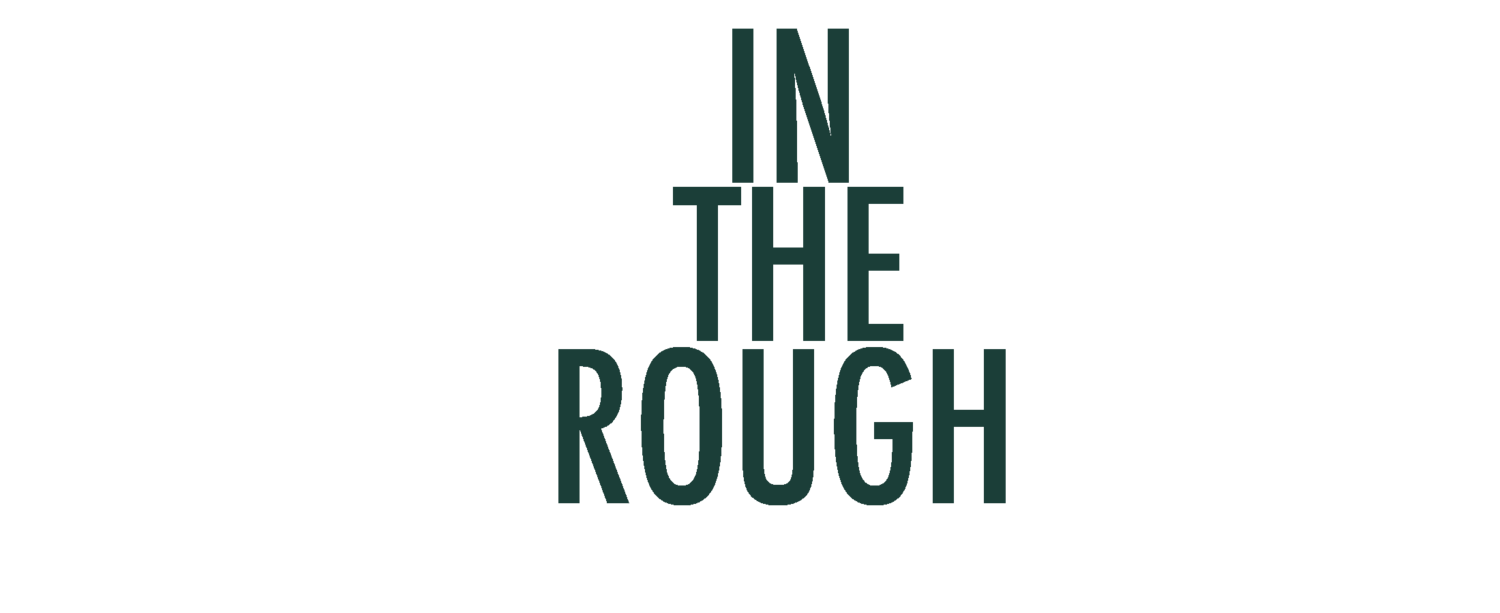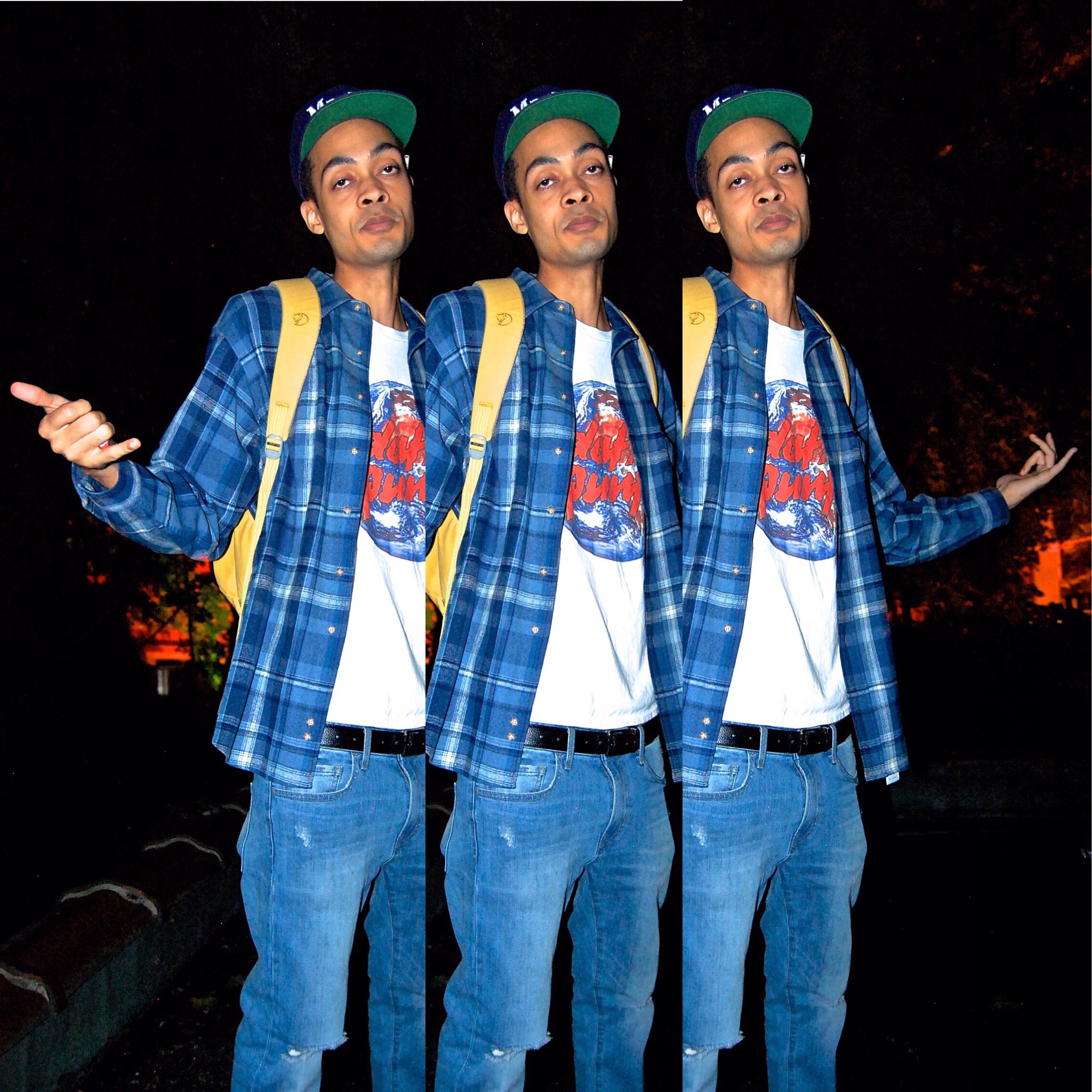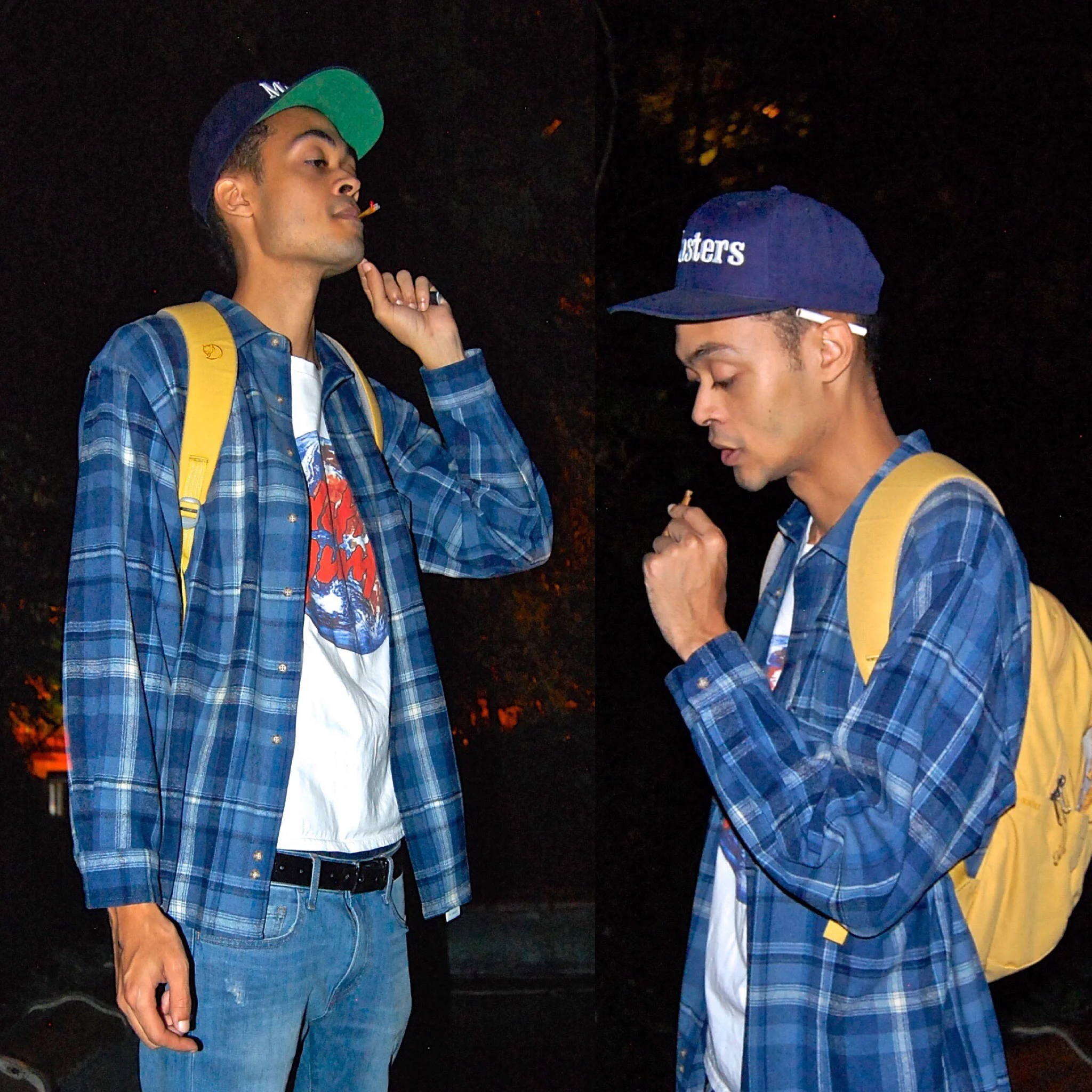Words from rap's underground veteran.
Tedy Brewski photograph by Maxwell Young
Tedy Brewski didn't appear in InTheRough's VibeRotation playlist until late 2015 when the DMV-based rapper featured prominently on a few tracks of D.C. family lineformation M.I.L.F's tape, Ten Beers Deep. His song "Global Guts" was an instant favorite as his rhythmic chanting evoked infectious head-nods. Brewski has since released four solo projects, his most recent the Platinum Beach EP, and a number of singles through SoundCloud.
He moves with ease over boom bap beats and adds his twist to the generation of 'mumble rap' on songs like "My First Time" and "Blue Dream" found in The Tedy Brewski Playlist. But it's also not rare to hear him align his tone to emo grooves and rage. Originally from Chicago, Tedy Brewski is an internet rapper in the sense that his songs cover a variety of sounds, but also because his ears are tuned to the developments in hip hop.
"Man I listen to everything," he says. "I'm influenced by everything...some shit is influenced by me and some shit influences me. I will listen to everything that's coming out: Rich the Kid, Lil' Pump, Famous Dex, you know? And a lot of my new songs are inspired by that kind of shit. In some ways I wanna keep up, but in some ways that shit is hot. I wanna make what's hot, man."
Brewski started rapping at age 13 due to influences including A Tribe Called Quest, Talib Kweli, and Kanye West's "The College Dropout" album. "I just remember being like, 'Oh, word. I don't have to be gangster to be a rapper,'" he said reflecting on his formative years.
Now at 27-years-old, Tedy laments that he's a bit old in terms of "rapper years." He broke down this sentiment further saying, "The people who get the deals and stuff or the people who are chosen are like 18, 16, 18...19 [years old]."
Perhaps more of a commentary on the music industry than his own progress as a rapper, Brewski doesn't seem to take anything too seriously. In fact, it is this unfiltered, nonchalance that adds to the intrigue of Team Brew.
“The thing about me, I’m not necessarily forcing anything. When you force this shit it gets fucked up.”
Before publishing the "Platinum Beach" E.P. in August, Brewski was relatively quiet on streaming platforms--ten months he went without new music. Instead, he proliferated his Twitter and Instagram accounts with entertaining and personable content. Catch him manning the grill in a custom 'Chef Brewski' apron or posting a series of "sexy sultry" photos of a "local pussy cat." Anything goes for the skinny swag emcee.
Brewski's comedic quirkiness translates through his tone and lyrics, too. His voice is liable to go from high-pitched to 'hefty-bro' in a matter of bars. And much like Eminem layered tracks on "The Slim Shady LP" with multiple characters, Brewski also integrates different characters into his songs such as "Woke Boi Freestyle."
"I probably got the quirkiness from West Hartford, Connecticut," he says. "I lived in West Hartford for the majority of my life--from ten to 18. Just being a fucking suburban-guy, like being a city kid who goes to a suburban school that's mostly white people. You end up with like a whole mixture of all this bullshit."
ITR: Can you walk me through your "Woke Boi Freestyle"?
TB: Oh yea, man. "Woke Boi" was originally called "Broke Boi Freestyle," but then my internet friend, Kemet Dank, I don't know if you've ever heard of Kemet Dank. He's like another Based God disciple, but he was like 'Yo, this is woke. This is a woke boi,' and then I had to change the name. When I was in D.C. there was a Playboi Carti show at 9:30 [Club]...no it wasn't 9:30 it was one that got closed, but I forget what it was called. That shit was mad fun. I was just jumping around and shit, just like 'Damn, I gotta evolve my style to do some other shit.' But that sound is influenced by André 3000. When I came to college at UMD, Lil' Wayne was the shit. He had 'Da Drought', 'The Carter', the 'Dedication' tapes...But with ["Woke Boi"] I wanted to freestyle, you know, ball all the way.
ITR: Is [mumble rap] hip hop music to you?
TB: Definitely, man. I think at the end of the day that stuff was influenced by 'snap rap' and 'snap rap' was influenced by 'gangsta rap' and 'gangsta rap' was influenced by 'boom bap' I would say. It's like a long heritage of shit that I try to keep up with. Like Lil' B's new tape, he really went all the way back to the 80's that was funny.
ITR: That was awesome. I knew about Lil' B, but I wasn't really listening to him whenever he put out his last tape. So ['Black Ken'] is my understanding of Lil' B. it was kind of like a synthesis of decades.
TB: Yea, it's great because he produced the whole thing. I've got whole tapes I produced, too. 'Typical Black Punks,' I don't know if you've heard that...that shit is crazy. I try and jump between sounds because I wanna cover everything that is affecting me in my life.
ITR: What kind of relationship do you have with M.I.L.F?
TB: I moved out to D.C. in 2015, chilling with M.I.L.F--good friends. We've been through our bullshit, but I've known them since 2009. M.I.L.F was created by M.I.L.F Mitch and Phlegm. They went to Howard together. One of my boys who I went to high school with, Noah, he went to Howard for a couple years and met those guys. We linked through that because I went to UMD. But M.I.L.F is their creation, and M.F.K--Marcy Mane is working with Goth Money in Los Angeles and shit--he was a big part of M.I.L.F back in the day. I just wanna preserve their legacy, you know?
TB: I put up the M.I.L.F Mansion documentary on my YouTube last week. The footage is from a year and a half ago. I was on U Street two weeks ago, just chilling, and nobody knows what we were doing at that time.
ITR: I noticed you put out videos that were filmed years ago. Is that on purpose?
TB: It's not on purpose. Going into them it was like, 'I got to do this right now,' but things come up: there's personal conflict and my own struggles, so maybe I'm not fully comfortable putting out a crazy-ass video at this point. It's not about figuring it out. It's just when it works it works, you know?
ITR: That makes your fans want more.
TB: I'm working with my boy who lives in Brooklyn. I met him when I was in film school maybe like 4 or 5 years ago, his name is Aaron. We've got a cool video.
ITR: What's next?
TB: I got the thing called Team Brew, you might have seen the logo.
ITR: The merch is fire.
TB: I'm gonna bring back some of the merch, like 'Typical Black Punks' merch and 'Space Cowboy' merch. I'm also gonna make the Team Brew shirts. I feel like once it all comes together it'll make sense. I just got started with Photoshop. That's what I've been doing recently. I've been making memes and stuff, just because memes rule the world...the meme war is coming soon, man, be ready.







